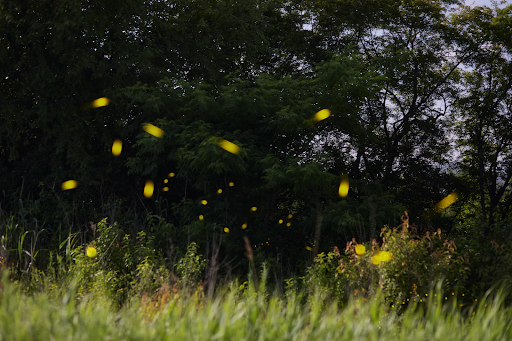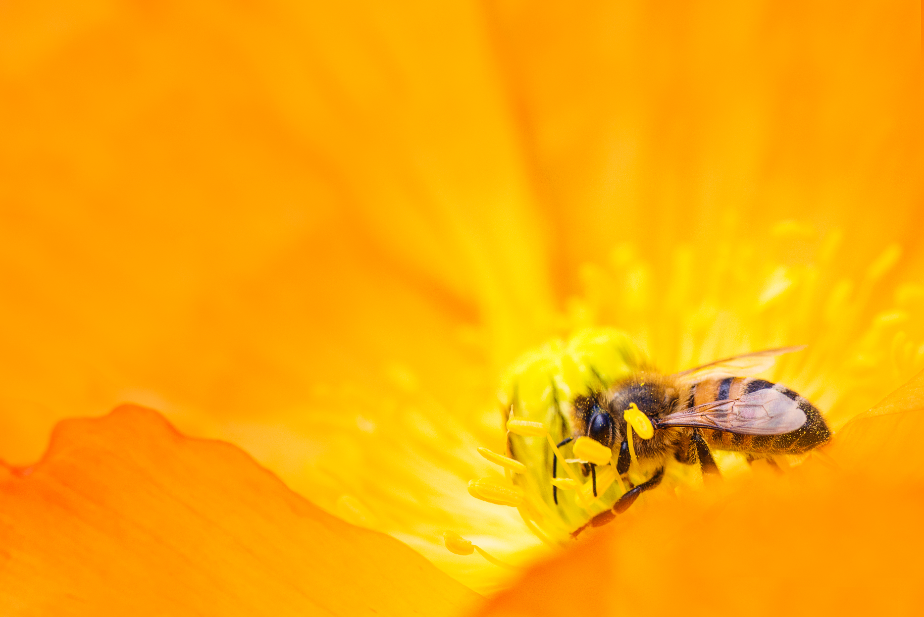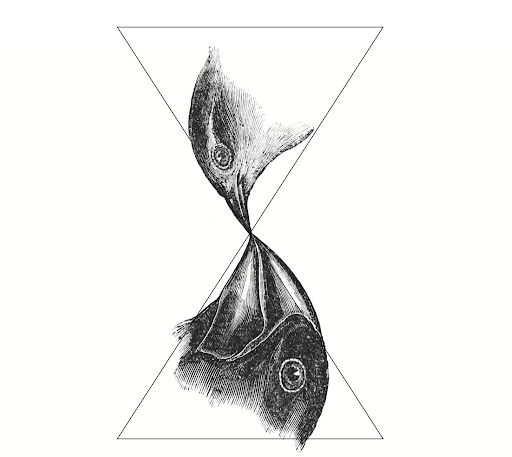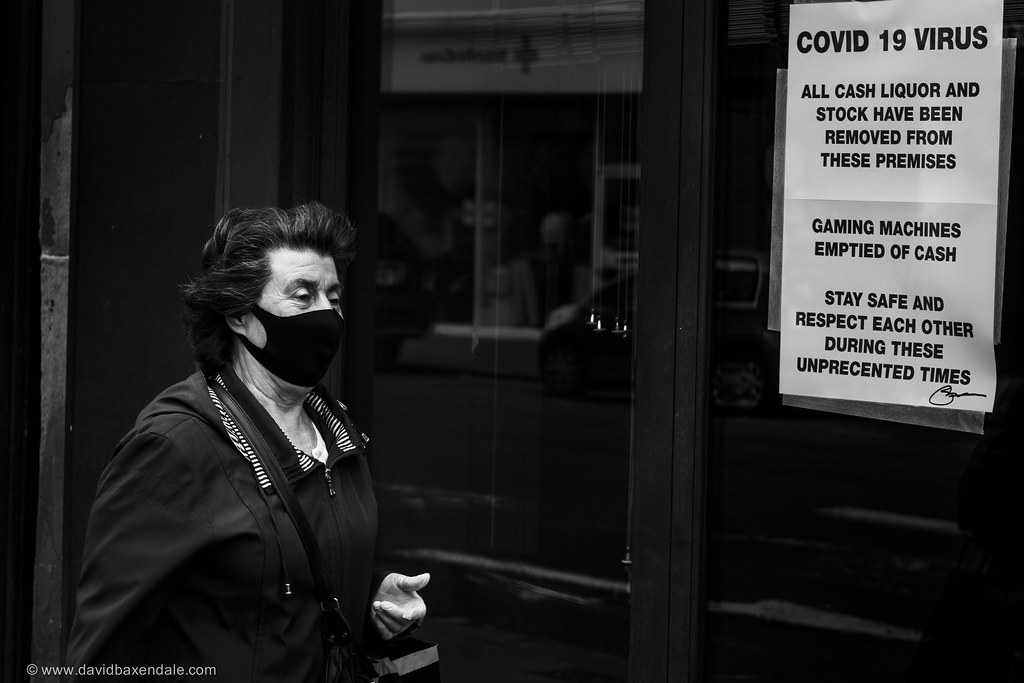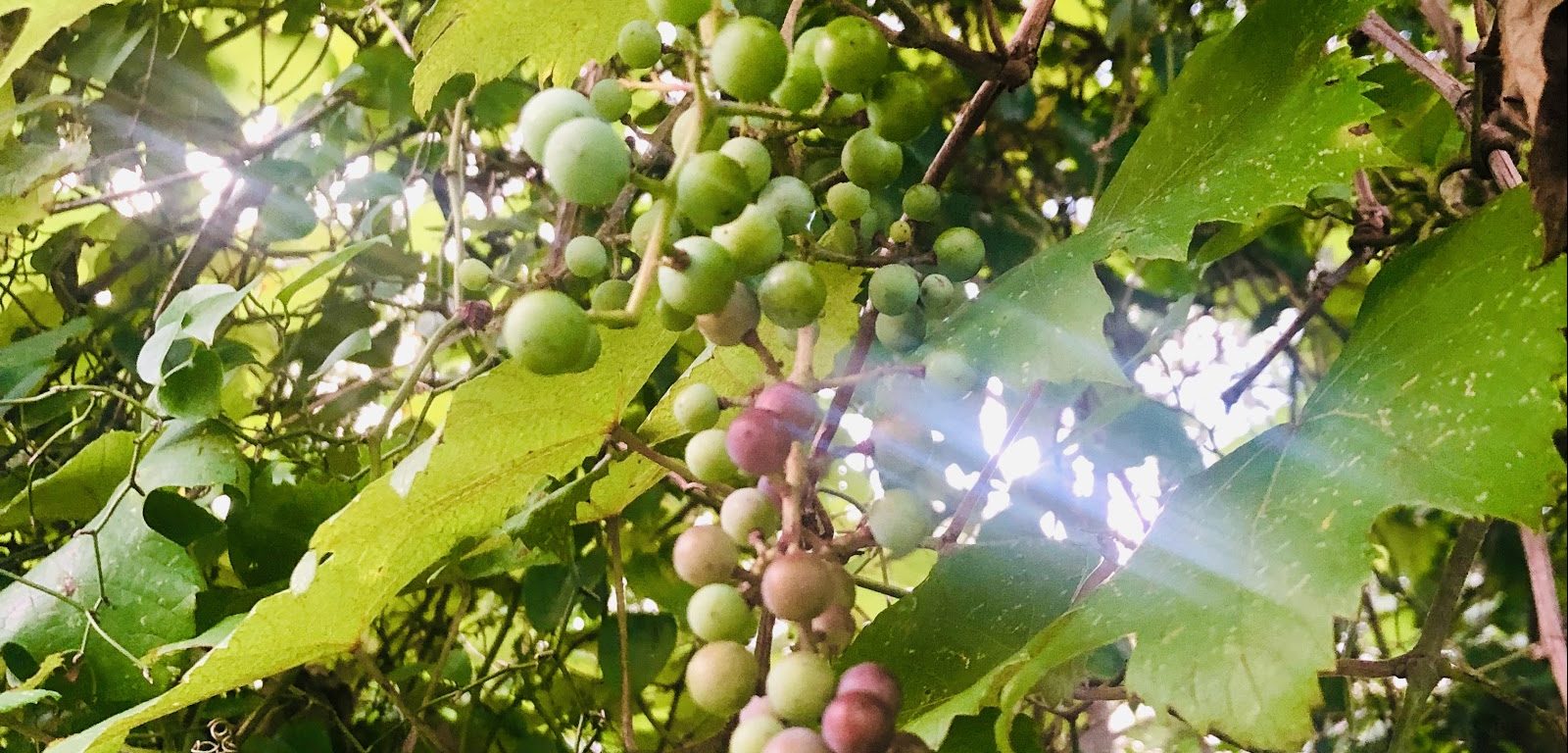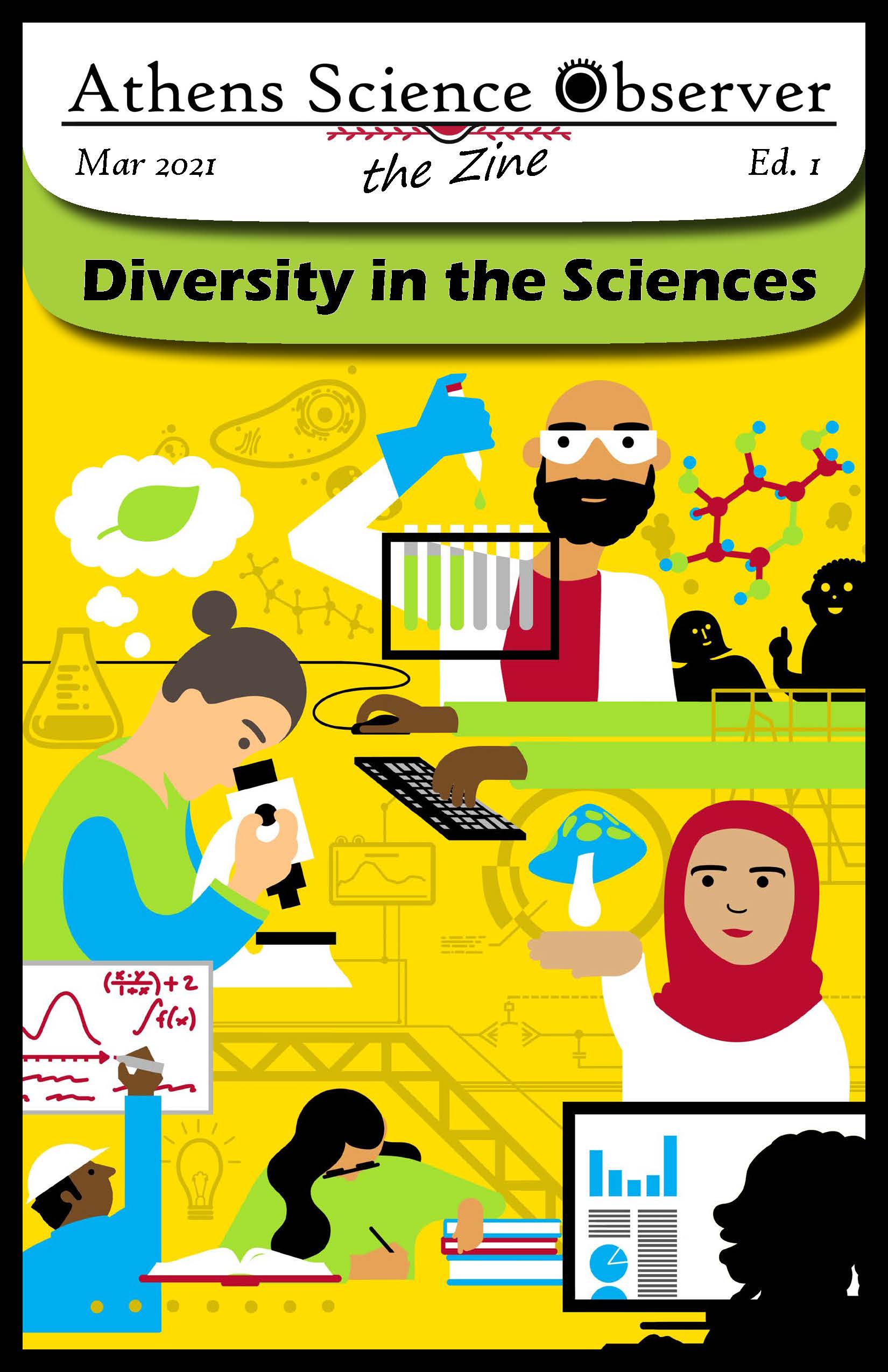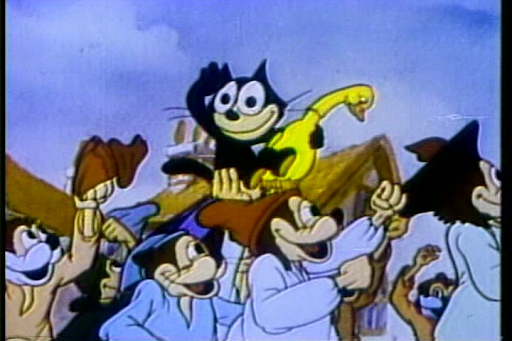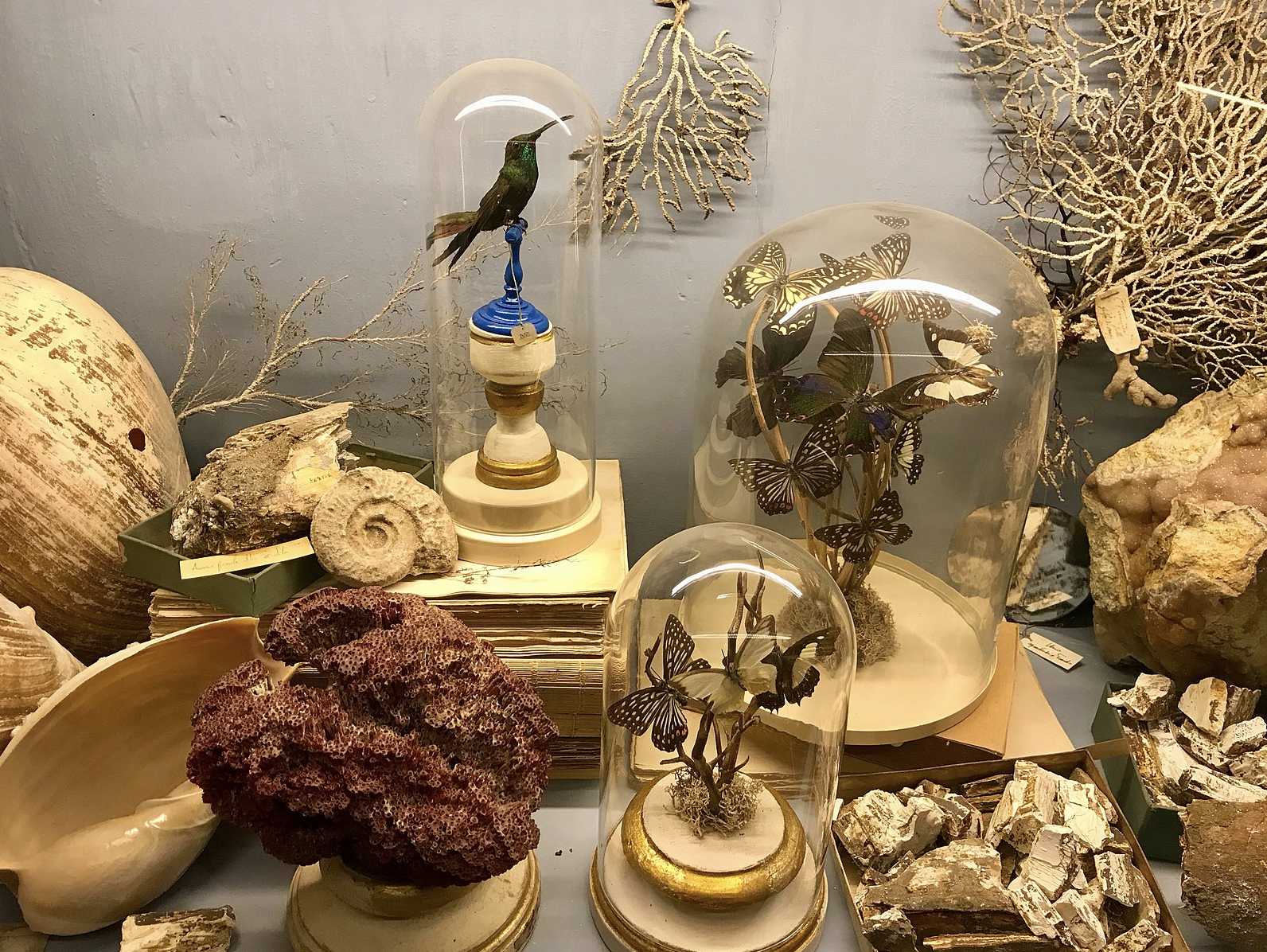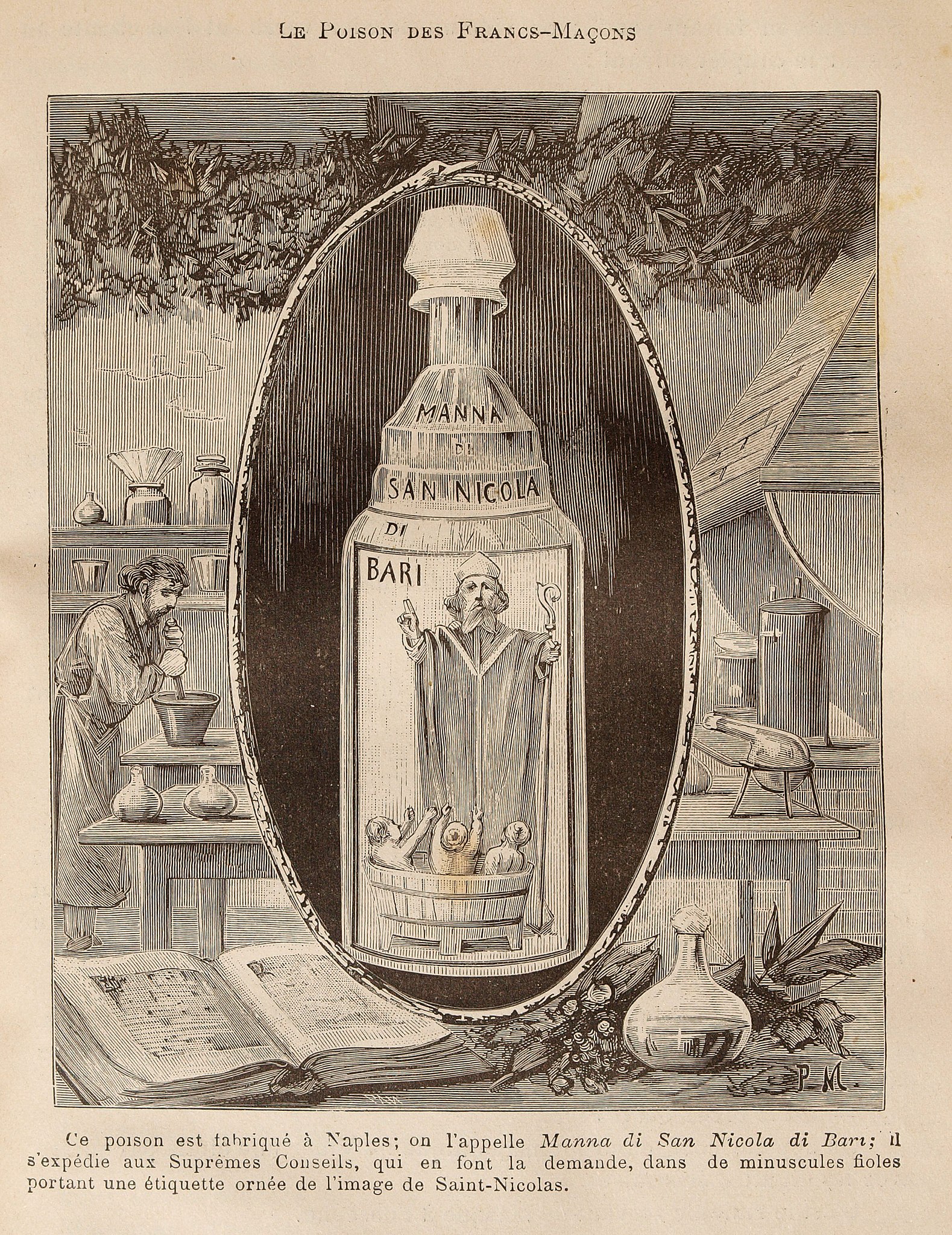
Toxicology and Poisons: a Cat and Mouse Game
Murder is as old as mankind. Or so the saying goes. Every culture has a history of poisons, from the ironically named “elixirs of life†eagerly sought after by early Chinese emperors and nobles, to the Poison Damsels (Visha Kanya) of ancient Indian mythology that could kill you with just a drop of the deadly

